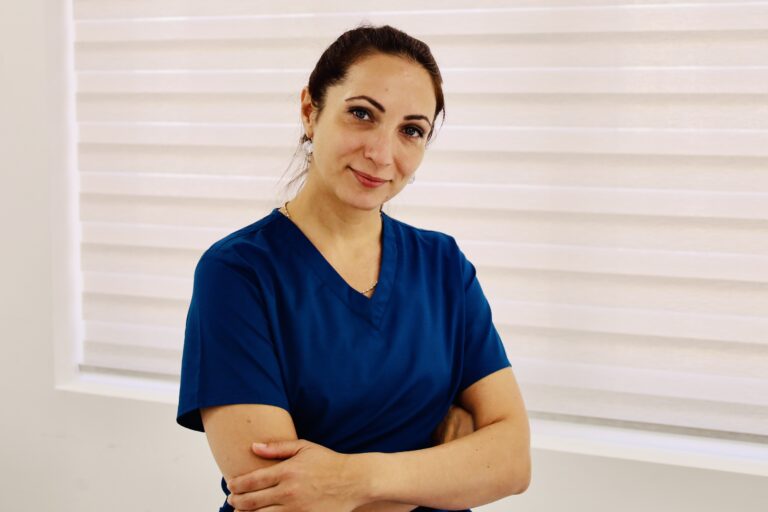Doctor General Surgeon Dubai
Doctor in Dubai that you can trust
Doctor in Dubai that you can trust

Is it ok to remove gallbladder? Is a very common question and the answer is yes, you can. As per general surgeon doctor Kateryna, we can live without gallbladder. The function of gallbladder is the accumulation of bile, so each time when we eat food, gallbladder is squeezing out the bile so the food can be digested. Gallbladder polyps are growing inside gallbladder, now the question is should we do surgery or not? That will depend on size of polyps, symptoms, and characteristics of the polyps also matters. Even tho in many cases surgery is not required, is necessary to do ultrasound check up yearly.
found that interesting, and want to know more about abdominal surgery, you can always check my page about laparoscopy and Abdominal Surgery before you book your consultation.Laparoscopy, also known as minimally invasive surgery or keyhole surgery, is a modern surgical technique performed through small incisions in the abdominal wall. Unlike traditional open surgery, which requires a large incision, laparoscopy involves the use of specialized tools and a laparoscope—a thin, tube-like instrument with a camera and light at the end. This allows surgeons to view the internal organs on a monitor in real-time, providing a clear and magnified image of the surgical site.
Laparoscopy is suitable for most patients who require abdominal or pelvic surgery, though it may not be recommended for individuals with certain pre-existing conditions or significant prior surgeries that result in extensive scar tissue. A consultation with a qualified surgeon will help determine if laparoscopy is the best option for a specific condition.
Laparoscopy is a valuable tool in modern medicine, providing a less invasive alternative to traditional surgery while maintaining effectiveness and safety. With its shorter recovery time and minimal scarring, it has become a preferred method for a variety of surgical procedures.
Always keep in mind that you contact me direct on my phone number on working days, but you also have the option of contacting Polyclinic.ae at anytime it suits you.